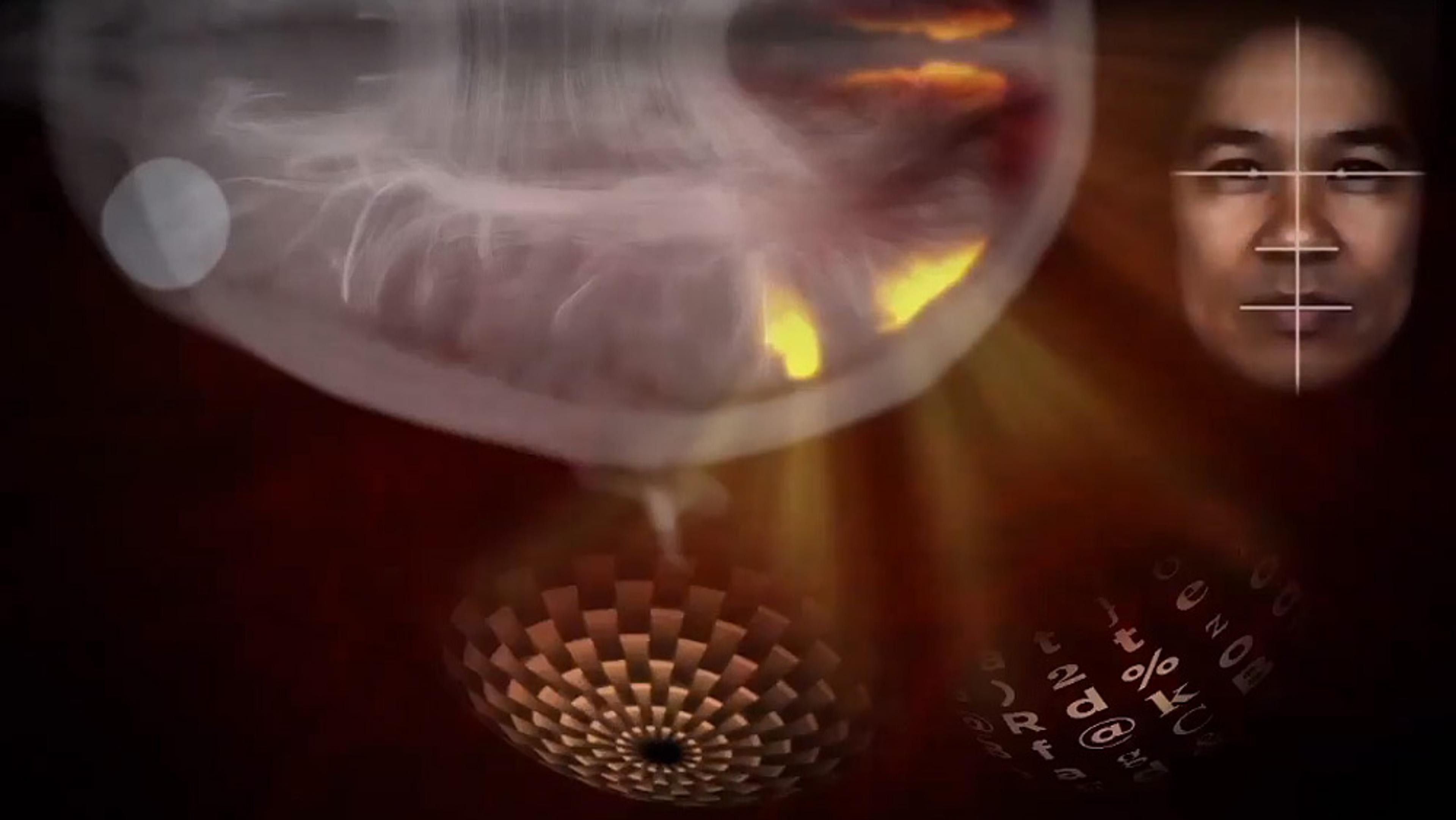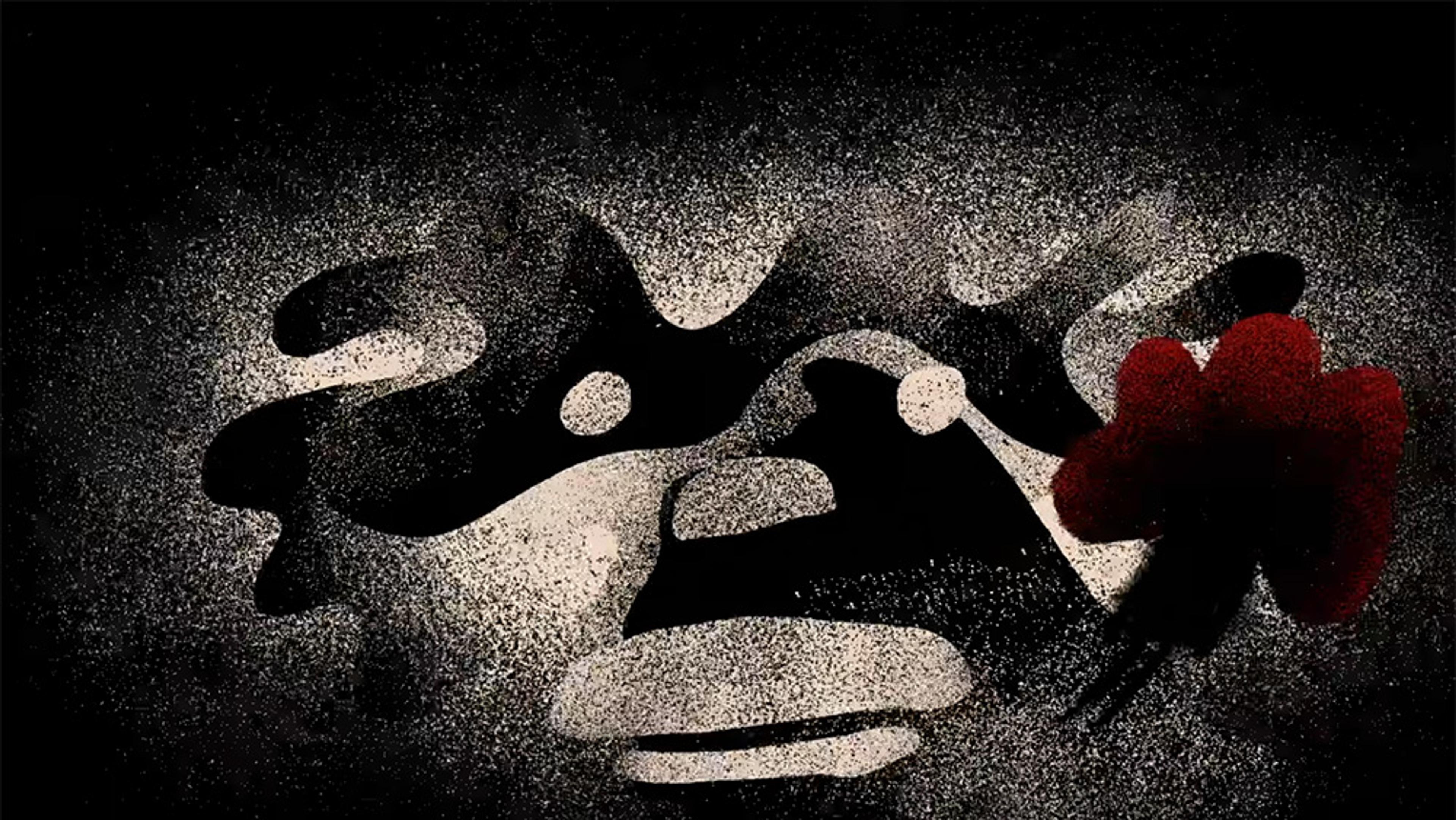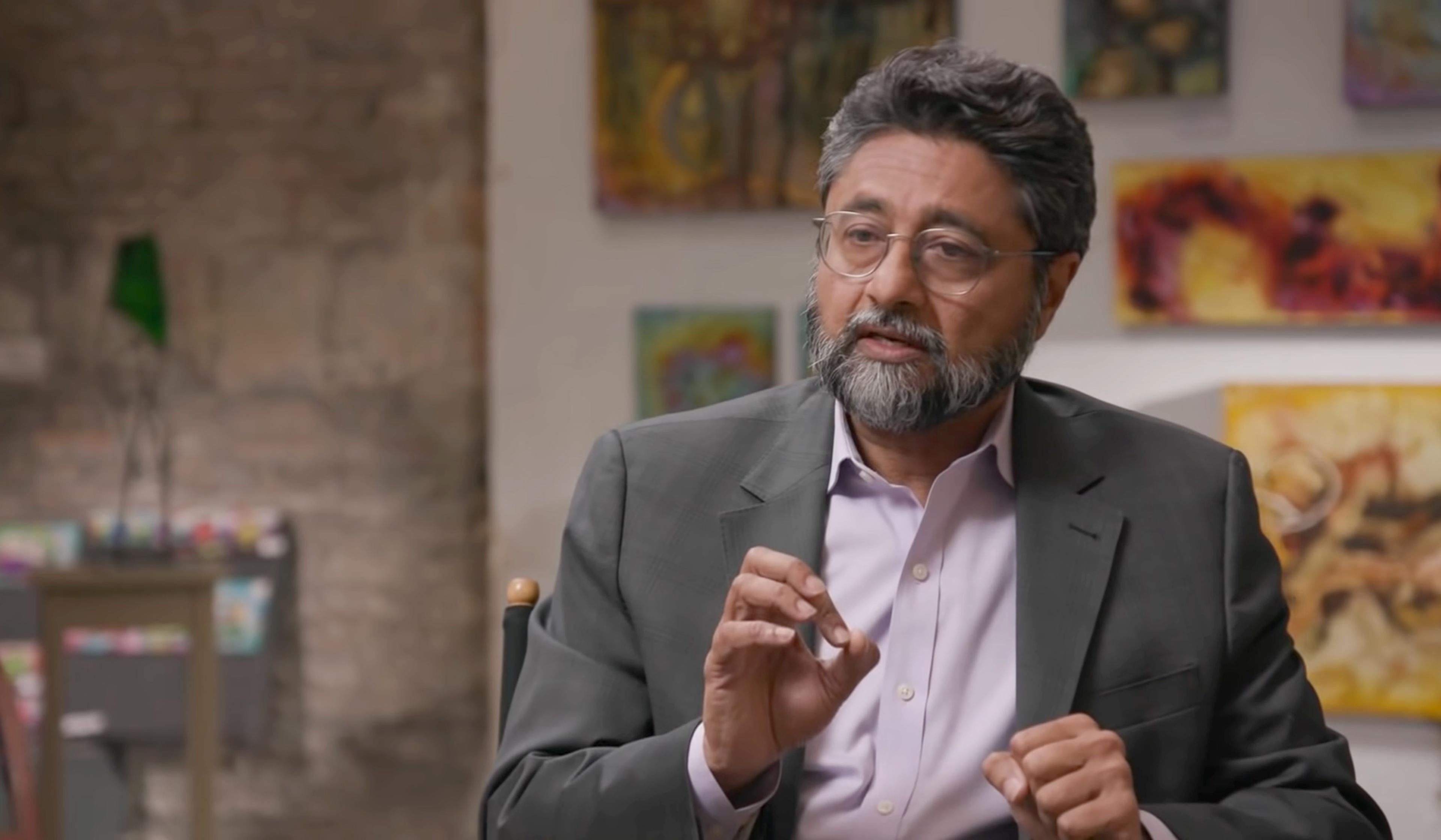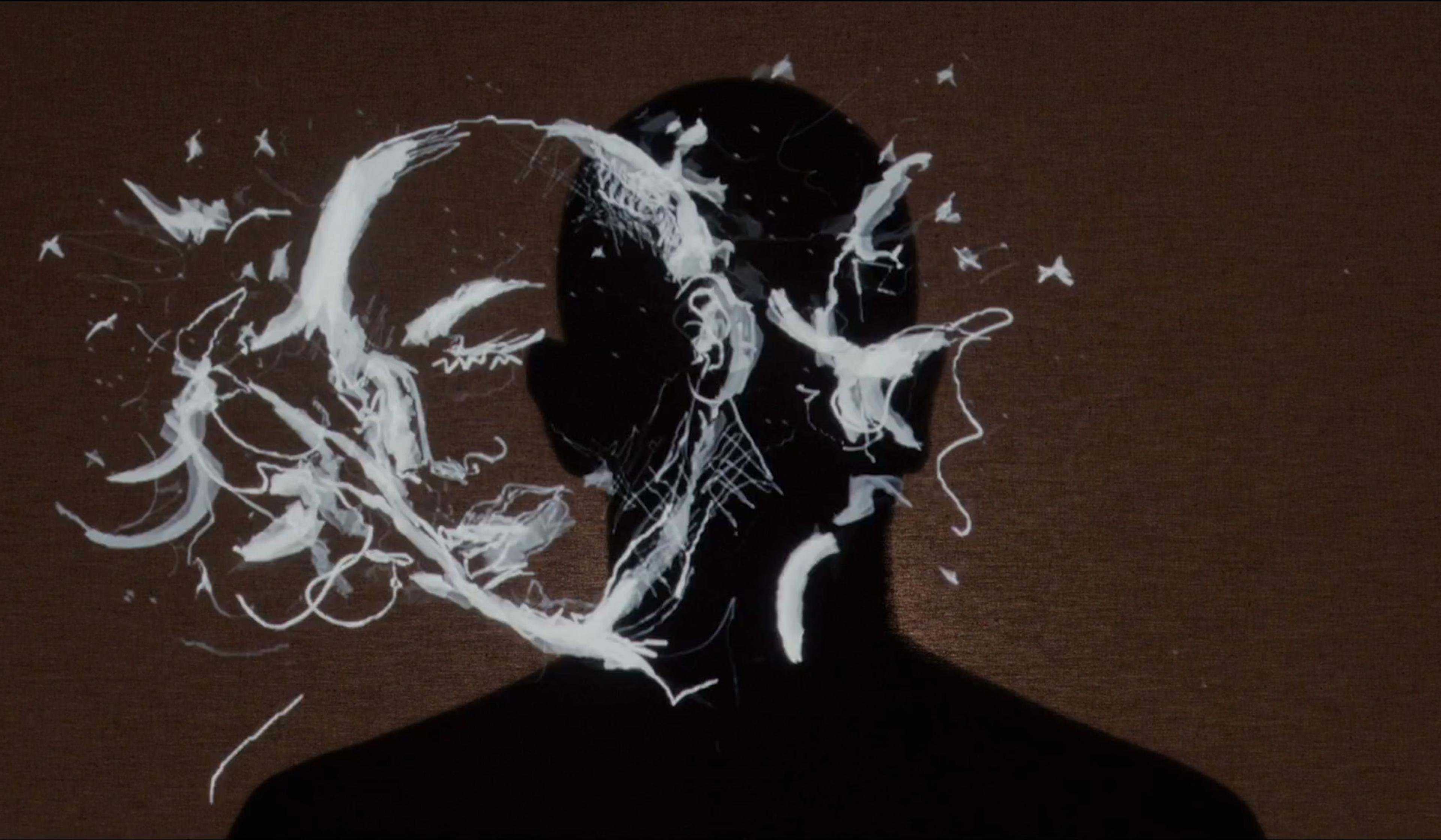Posterior cortical atrophy (PCA), also known as Benson’s syndrome, is a rare form of dementia in which the brain’s spatial reasoning, visual processing and spelling and calculating functions deteriorate. In the vast majority of cases, the condition is caused by Alzheimer’s disease. Because the symptoms frequently manifest before declines in memory and cognitive skills, PCA means that people who have it are very much aware that something has gone awry with their perceptions – they reach out again and again to pick up a coffee cup they see but can’t grasp, or watch as the words in their newspaper begin to move and mutate. This short film from the British animator Simon Ball guides viewers through the strange and unsettling experience of PCA from the perspective of six individuals with the condition. In addition to offering an empathic window on the day-to-day difficulties of living with the disorder, the film also provides insight into how we all construct our worlds from within.
What a rare form of dementia reveals about how we construct the world outside
Director: Simon Ball

videoNeuroscience
After losing her vision, a woman’s sense of sight returns in a strange new way
4 minutes

videoNeurodiversity
‘A face is a hilly landscape.’ How a face-blind artist paints what she can’t recognise
5 minutes

videoNeurodiversity
How the ‘Island of the Colourblind’ made Oliver Sacks rethink ‘normal’
6 minutes

videoNeuroscience
Artists can flourish after brain damage. What does this say about neurology and aesthetics?
7 minutes

videoNeuroscience
How changes in our typing can help detect neurodegenerative diseases
2 minutes

videoBiology
See and hear the human brain as you’ve never experienced it before
2 minutes

videoNeurodiversity
Autistic children and adults sketch out the look and feel of their sensory world
11 minutes

videoMental health
The dark side of ego loss – what it’s like to disappear into depersonalisation
9 minutes

videoNeuroscience
A portrait of depression through art and neuroscience using the head as a canvas
2 minutes